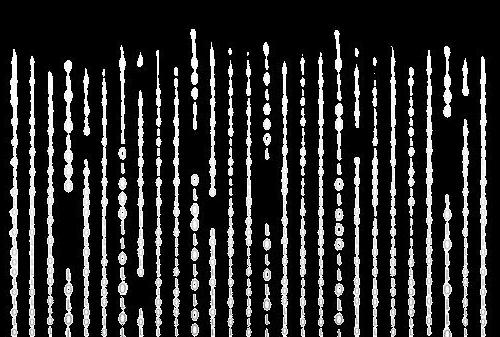
1 minute read
Definitions
from Disruption
by Francesca Parrotta
I read Judith Butler: definition implies that there is someone defining. No category comes from a void; there is always a creator. No category comes from a void, yet they’re created intertwined with bones and blood and joy and sweat and I am lost.
Advertisement
I watch Abigail Thorn: the fact that something is artificial does not mean its consequences are not real. I am a firm believer that clothes are not gendered but if my fifteen-year-old brother went to school in my hometown wearing a skirt I would be scared. I try to reiterate that long hair is neither masculine nor feminine, yet I spend five minutes every morning in front of my mirror, tying and untying a knot that will be dishevelled by the end of the day anyway.
A philosopher once dreamt of an earth where there was no gender and I’d like to live there - but I don’t know who I’d be there. I was going to write about subversion but the truth is I am tired.
I don’t want to talk about gender. It would be nice to simply lay down on the grass and discuss, for example, Mantel’s theorem. Or how many C4 subgraphs I can fit in a hypercube. Instead, one day I hate makeup and the other I fly on the wings of my eyeliner.
I don’t want to think about gender. I like maths because almost all its rules can be changed, you just have to be creative enough. In contrast, real life feels frustrating. So for a while I try to stay out of all this.
But I fall into a paradox. To disrupt a rule I need to acknowledge it first, but if I don’t acknowledge it the world would do it in my place. If I stay silent, someone else will take my voice.
There is no choice but to speak. With the reminder that each of my words has been shaped by a binary that’s both relevant and arbitrary.






